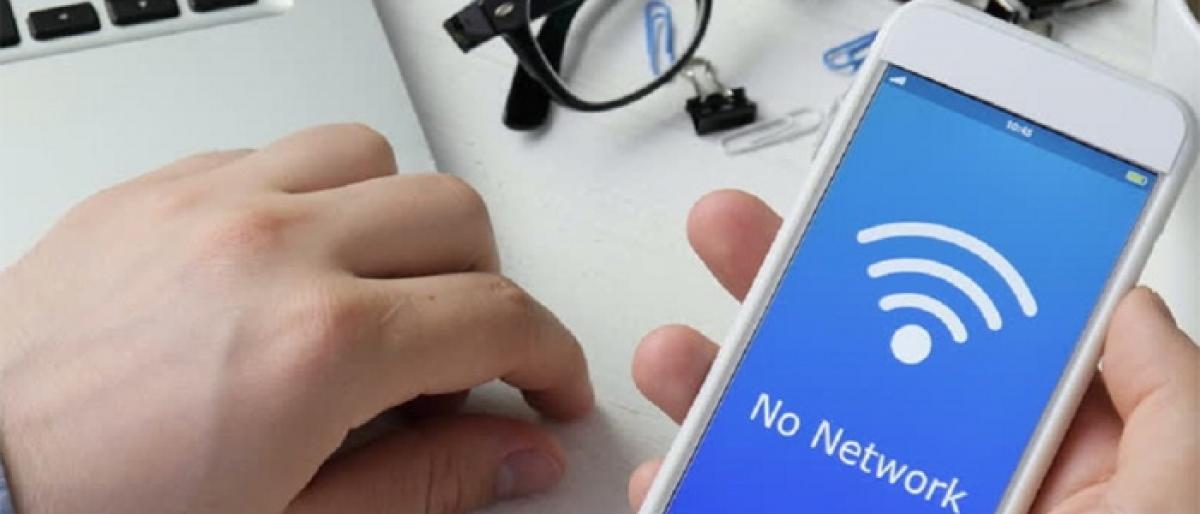Why a WiFi failure makes you angry?

Do you get frustrated and angry when your WiFi connection stops working It could be because of your personality, says a research
London: Do you get frustrated and angry when your WiFi connection stops working? It could be because of your personality, says a research.
The findings showed that when digital technology stops working, people with a fear of missing out (FOMO) -- the anxiety that you are missing out a social experience others might be having while you are offline -- or an internet addiction displays more extreme reactions.
People who were seen as being more neurotic and extroverted also had more extreme reactions to failures in digital technology.
"The more we use our devices, the more we get attached to them, so when they do not work, we tend to just go a little bit 'crazy' or just switch off and stop doing things altogether," said lead researcher Lee Hadlington, psychologist at the De Montfort University in the UK.
For the study, published in the journal Heliyon, the team examined 630 participants aged 18 to 68.
The fear of missing out, internet addiction, extroversion and neuroticism all have a significantly positive influence on maladaptive responses. This means the people most psychologically dependent on digital technology are most likely to have maladaptive responses when it goes wrong.
Maladaptive responses are not only unhelpful, they also have a detrimental impact on productivity and achieving goal, resulting in poor job performance, the researchers said.
Moreover, they also found that as age increases, the level of frustration a person experiences decreases.
"If we can understand what leads individuals to react in certain ways, and why these differences occur, we can hopefully make sure that when digital technology does fail people are better supported and there are relevant signposts for them to follow to get help," Hadlington noted.










